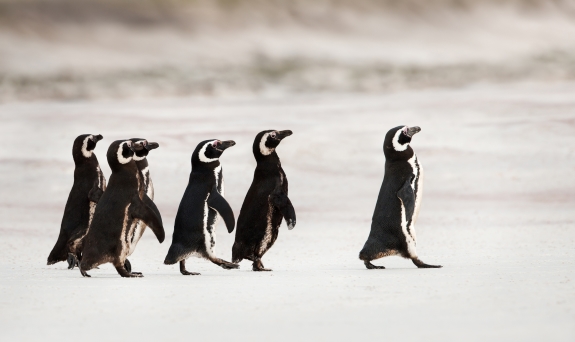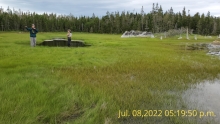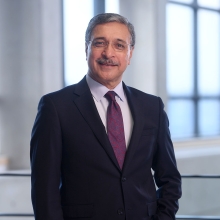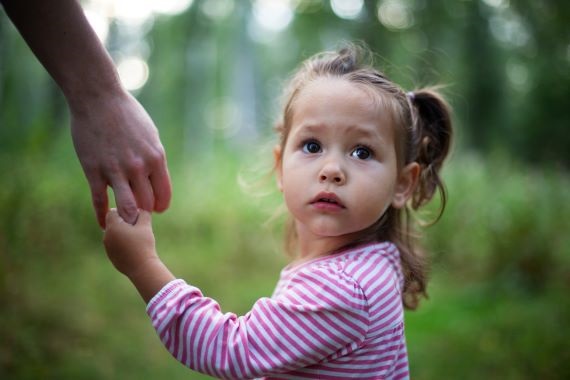Earlier this month, a Japanese tourist in Montreal made her way to McGill University’s McLennan Library to view the ongoing exhibit taking place during Asian Heritage Month, “From Ukiyo-e to Woodblock Printmaking: A Celebration of Japanese Art.” Octavian Sopt, Senior Documentation Technician in the Rare Books and Special Collections branch, is part of the team responsible for exhibits at the library.

Recognizing that education on environmental justice must begin early, a group of McGill University Architecture students spent five weeks in two Grade 4 classes in Royal Vale Elementary School this year to run ARCHITECTURE PLAYSHOP, where children were introduced to architecture as part of their language, art, and science classes.

The COVID-19 pandemic challenged any notion that Asian Americans are a privileged, white-adjacent group skirting above racism.

To better understand food-related decisions during the pandemic, a team of McGill researchers, including School of Human Nutrition Professor Daiva Nielsen and postdoctoral fellow Katherine Labonté, conducted an online survey among a sample of adults from Quebec to compare grocery shopping behaviours in 2019 and 2020. The study showed that at the beginning of the pandemic, people reduced the frequency of in-store shopping expeditions. This reduction occurred in tandem with a rise in curbside pick-up and delivery.

In the electronic dance music (EDM) community, what is viewed as intellectual property theft isn’t always up to the law—it’s up to the community. Norms around unlawful activities, such as illegal remixing, are often ambiguous and situation-specific. Ironically, illegal remixes can garner support, even career-launching acclaim.

Certain tech companies are promising dazzling futures when it comes to transportation, like Uber’s vision of skies buzzing with helicopter-like flying cars, and Elon Musk’s design for layers upon layers of automobile tunnels below city streets.

Twenty-five years ago, the rain began in what would become the 1998 ice storm that eventually left millions of Quebecers in the dark, some for over a month. It was one of the worst natural disasters in Canadian history, and many still have vivid memories of those cold and difficult days and nights. (CTV News)
Here is an expert from McGill University who can comment on this topic:


Circular economy may alleviate environmental impact of holiday shopping

Artificial intelligence chatbots that show positive feelings — such as adding an “I am excited to do so!” or a few exclamation marks — do not necessarily translate into positive reactions or contribute to higher customer satisfaction, according to a recent study by researchers from the University of South Florida, the Georgia Institute of Technology and McGill University.

Enhancing carbon storage in natural ecosystems could put a small but significant dent in Canada’s greenhouse gas (GHG) emissions, but an aggressive commitment to reducing human-caused emissions remains critically important, according to a new expert panel report from the Council of Canadian Academies (CCA), co-authored by McGill Professor Gail L. Chmura in the Department of Geography.

The McGill Space Institute (MSI) and the Institute for Research on Exoplanets (iREx) at Université de Montréal are at the forefront of the exhilarating pace of space research, helping to advance our knowledge of extrasolar planets, fast radio bursts, the dark universe, and other extraterrestrial mysteries. Now their stellar work and efforts to recruit top students and researchers are getting a huge boost thanks to extraordinary gifts to McGill University and the Université de Montréal from the Trottier Family Foundation.

Scientists around the world are beginning to use new techniques in analyzing single brain cells to understand conditions like depression, schizophrenia, bipolar disorders and neurodegenerative diseases such as Alzheimer’s and Parkinson’s.

The Board of Governors of McGill University is pleased to announce the appointment of Prof. H. Deep Saini as the University's 18th Principal and Vice-Chancellor. He will begin his five-year, renewable term on April 1, 2023.
Prof. Saini was chosen by a unanimous vote of the Board of Governors, following a recommendation of an Advisory Committee formed to lead an extensive, international search.


